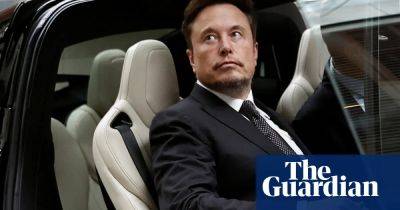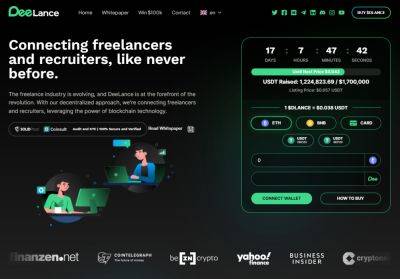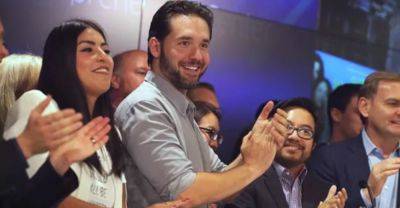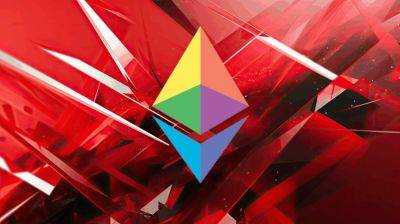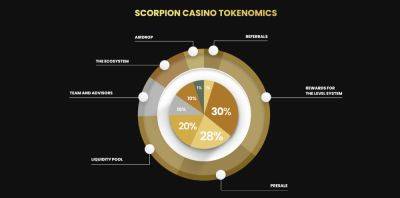If bosses fail to check AI’s onward march, their own jobs will soon be written out of the script
If there’s one thing Hollywood screenwriters know how to deliver, it’s a snappy one-liner.
“Pay your writers, or we’ll spoil Succession,” read one of the placards paraded outside movie studios in Los Angeles this week, as thousands of film and television writers went on strike. “Pencils down, middle fingers up,” said another. Closer to the bone, however, was a placard reading: “Wrote ChatGPT This.” For the plot twist is that this strike isn’t just over money. The Writers Guild of America also wants to establish some ground rules preventing studios from using artificial intelligence to generate scripts in ways that cut humans out of their own creative process.
The union has been understandably spooked by the rapid progress of ChatGPT-4, the chatbot capable of generating uncannily convincing knock-offs of any written genre, from rap lyrics to Jane Austen. What it produces is hollow pastiche rather than art, piggybacking shamelessly on centuries of human endeavour (it learns by scanning samples of existing writing). But how long before it’s capable of generating a mediocre but acceptable TV sitcom, or the umpteenth movie in the Fast & Furious franchise? After all, studios already use algorithms to analyse box office data and predict which combinations of actors or storylines will seemingly get bums on cinema seats. The logical next step is to make the software write its winning formula up into a screenplay, maybe hiring a human to give it one final polish.
If this is one of the first AI-related strikes, it won’t be the last, and in future they may be much, much angrier. Almost half of Britons think a machine will probably be able to do their job better than them within a decade, according to new research for Jimmy’s Jobs, a
Read more on theguardian.com




